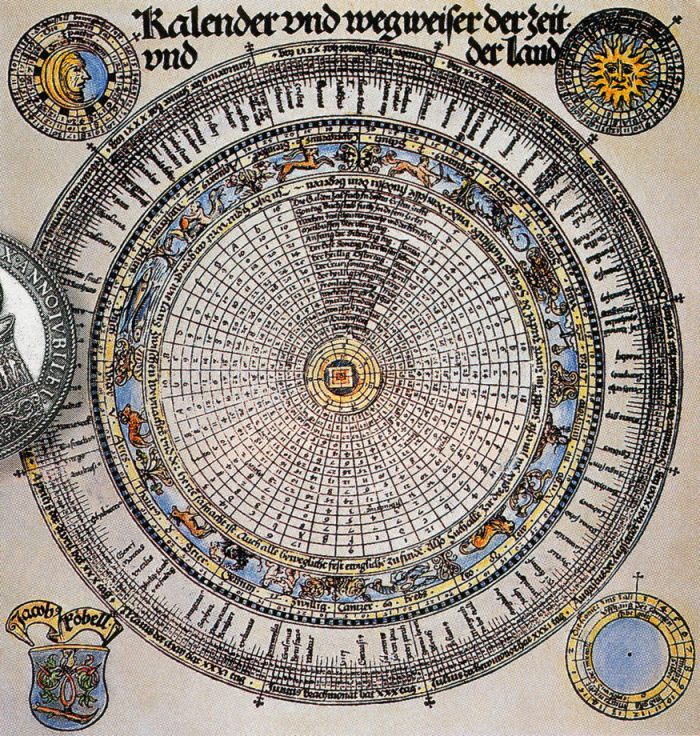The 21st Century turns adult this January. Reaching a milestone of 18+. Perhaps the most awaited point of child’s age. My relatives summarised this age to a single sentence; “You’ll be eligible to vote!” This is kinda hilarious *giggles*. Anyways, there are no more children from the 20th Century, anymore. Because this year, they’re turning:

Each year announces that the Earth has entered the same galactic region into space. Scientifically, we never celebrate New Years after a Year. The exact time slips up. A day accurately consists of 23 Hours, 56 Minutes and 4 seconds. The reason we have leap years. Even the sun stirs around in the Milky Way. The Solar System is travelling within this globule at a fiery speed of 828,000 km/h! We literally are The Fast and Furious! It will take a cosmic year, a period of 225 million years to go around the centre of the Milky Way! The sun has done this 20 times, being 5 Billion years old!

Think about it. The date is not a time. But a location.

This date is totally an arbitrary point in space-time, given an emotional significance by the use of a religious and regional calendar time measurement systems. Early men being nomads, migrated from one stay to the other, wandering the Earth. But the calendars and time-keepers remained the same. This played a significant role.

But why to celebrate?
New years make us realise that time never stops, experiences we’ve had were just blinks and an announcement that a new time has come. This major thought is embedded into the deepest levels of our craniums. A year is the largest observable period of time, maintained by every soul on the planet.
The evolution has taught us, the Sun and the moon are the best time-keeping machines. Humans have been using these time managers since time immemorial. The seasons being the announcements of new, happy and pleasant times. We Indians have our own different calendars. This Year, according to different calendars:
| Gregorian | 2018 – MMXVIII |
| Bengali | 1425 |
| Buddhist | 2562 |
| Hindu (Vikram Samwat) | 2075 |
| Islamic | 1440 |
| Unix Time | www.coolepochcountdown.com |
Unix Time is a system describing a point in time, defined as the number of seconds that have elapsed since 00:00:00 coordinated Universal Time (UTC), Thursday, 1 January 1970, subtracting the number of leap seconds that have taken place since then. To check the Unix Calendar for this moment: Click this or the above link.

First men used the arrival of harvesting seasons as the coming of a happy time, a new pleasant time. Hence, a New Year. This notion got passed through the centuries. Civilisations evolved. Crafted calendars, sundials, and clocks and all different types of timepieces.

The Gregorian Calendar
Different communities residing around the world had different seasons. Hence, different calendars. One of those is The Gregorian Calendar. The original goal of the Gregorian calendar was to change the date of Easter. The Gregorian calendar is internationally the most widely used civil calendar. It is named after Pope Gregory XIII, who introduced it in October 1582.
Britain ruled India. The Britishers followed Christianity. They followed it as the official system of dating. Indians employed used the same calendar. And, here we are.
New years give us hope. A matter to celebrate, a moment to unite with the loved ones, a point to feel the warmth of family in the chilly winters.
Savour the joy, live the moment, dance, sing, surprise your loved ones, forget the dark times, light yourself like fireworks and participate in the countdowns before 00:00. In a blink, you stand with a whole new time and the most celebrated moment on the planet.

So, be happy that you’re in the same galactic dust, again. Rejoice that you went round around the Sun, again. 1.75 Billion more to go!
Happy New Year, 2018.


















